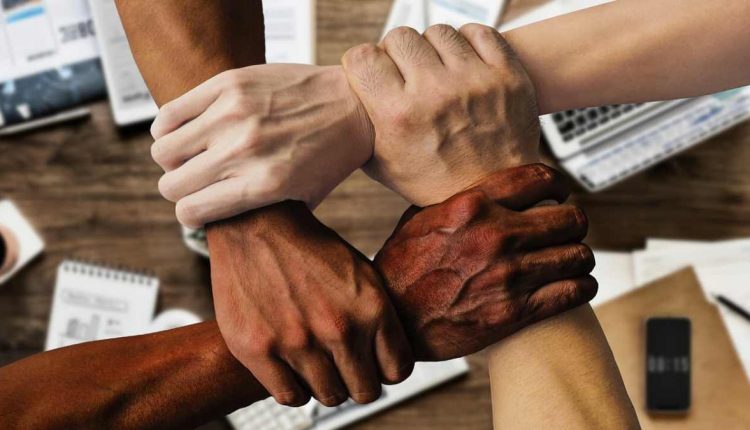The public relations (PR) industry in India has seen a gradual shift towards more diversity and inclusion in recent years, but significant challenges remain.
Leading PR agencies say they now actively seek to make their employee base reflect the country’s socioeconomic diversity. Several firms have instituted hiring policies and workplace rules aimed at making the environment more inclusive. Anonymous employee surveys are also conducted regularly to gauge sentiments regarding equality of opportunities.
“We realized early on that having a diverse set of perspectives is key to serving the varied needs of our clients,” said the executive director of a top Indian PR consultancy, on conditions of anonymity. “So we have tried to make our firm as inclusive as possible at all levels,” she added.
However, challenges remain, especially outside major metropolitan cities. Apparently, some discriminatory attitudes and unconscious biases related to caste, religion or gender identity persist. Workplace harassment incidents, especially against women and transgender individuals, indicate the long road ahead.
Industry watchers say while Indian PR has come a long way from it being an old boys’ club, there is a need for more sensitization and innovative policy-making to accelerate diversity and inclusion. The biggest Indian PR networks have diversity goals for the future, aiming for great representation of women and marginalized groups.
“The willingness is there, but turning good intentions into consistent long-term action is key,” said the analyst of a leading Indian business journal who tracks the communication industry. Its emphasized that improving diversity and inclusion should be seen as an ongoing process rather than a one-time effort.
As Indian PR aims to build more equitable workplaces, all eyes are on whether stated commitments translate into real change on the ground in the coming years.
Meaningful diversity and inclusion policies accompanied by sensitive leadership could significantly transform the industry according to experts. However, persistence in bridging complex socioeconomic divides will decide if positive visions turn into reality.

